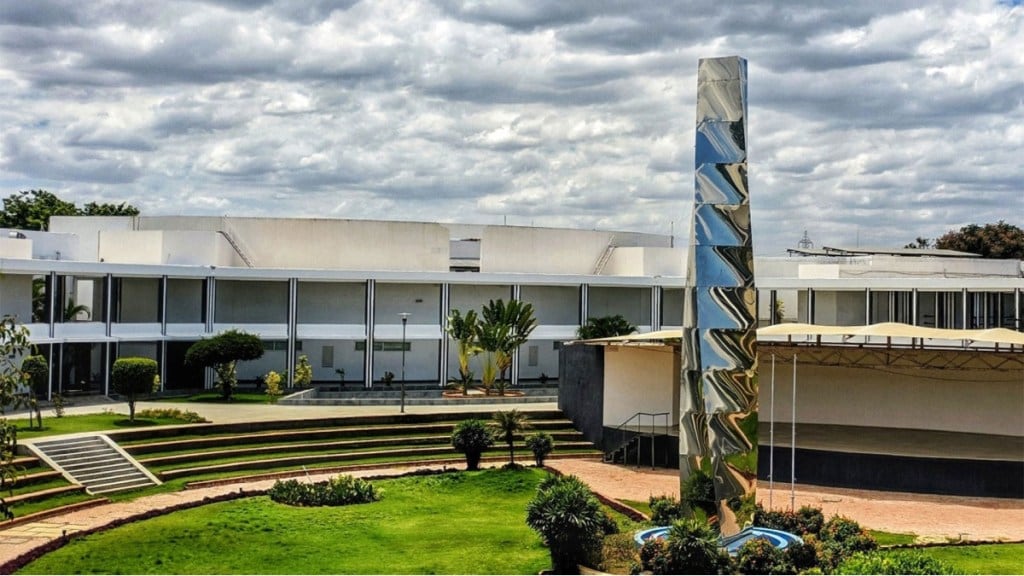The Great Lakes Institute of Management (GLIM), Chennai claims to offer a one-year Post Graduate Programme in Management (PGPM) designed for working professionals with a minimum of two years of work experience. It claims to serve as an accelerated path to middle management, allowing participants to reach a position that might take five-six years in a traditional trajectory. The idea was to bridge the gap by combining three years of work experience with the one-year programme, Sanjoy Sircar, director, PGPM, GLIM, told FE Education. “Over time, the student demographics shifted from states in South India to a more diverse group, with now more than 75% of our students originating from outside South India. Initially dominated by the IT industry, the student body now reflects a broader range of backgrounds, including manufacturing and service industries as well,” he said.
The individuals who come from IT background to the PGPM course prefer returning to the IT industry not solely due to the optimal utilisation of their prior work experience, but also because it represents a more effective way of leveraging their skills. Some may choose to re-enter the realm of IT consulting, albeit in a different capacity. “However, a notable trend is observed as they often gravitate towards manufacturing, albeit not necessarily on the shop floor. Instead, they often find roles in support services for manufacturing companies like Ford and Bosch,” Sircar said.
The PGPM’s tuition fee is Rs 17.95 lakh, covering reading materials, case studies, textbooks and online resources. In addition, students are required to pay Rs 3.85 lakh for accommodation, which includes meals, according to GLIM official website. The institute claims that the PGPM is a residential programme and hostel facilities are mandatory.
It is believed that many CXOs, CEOs and CFOs in companies may lack a comprehensive understanding of emerging technologies such as Virtual Reality (VR) and Augmented Reality (AR). This knowledge gap may stem from a limited awareness of the potential implications of these technologies in their industries. Contrary to this notion, GLIM asserts that its business school doesn’t aim to teach the development of artificial intelligence (AI), as that falls within the domain of engineering. Instead, the focus is on training managers to integrate AI into decision-making processes. “Starting next year, our curriculum will include teachings on the generative uses of AI. However, even before its formal inclusion, students have already been independently experimenting with its application,” he said.
Furthermore, GLIM claims that its students are involved in real-life trading, where they actively trade with their funds. In this scenario, they partake in real-time trading using brokerage services, and the subsequent results are thoroughly analysed. In this practice, success is not solely determined by financial gains; instead, it hinges on the understanding and application of a strategic framework. “Students are required to articulate and justify their strategies, ensuring that their trades align with the implemented approach. The entire process, including thought processes, strategies and trade executions, must be meticulously documented,” Sircar explained while responding to a query regarding how PGPM offers experiential learning and practical application of knowledge.

